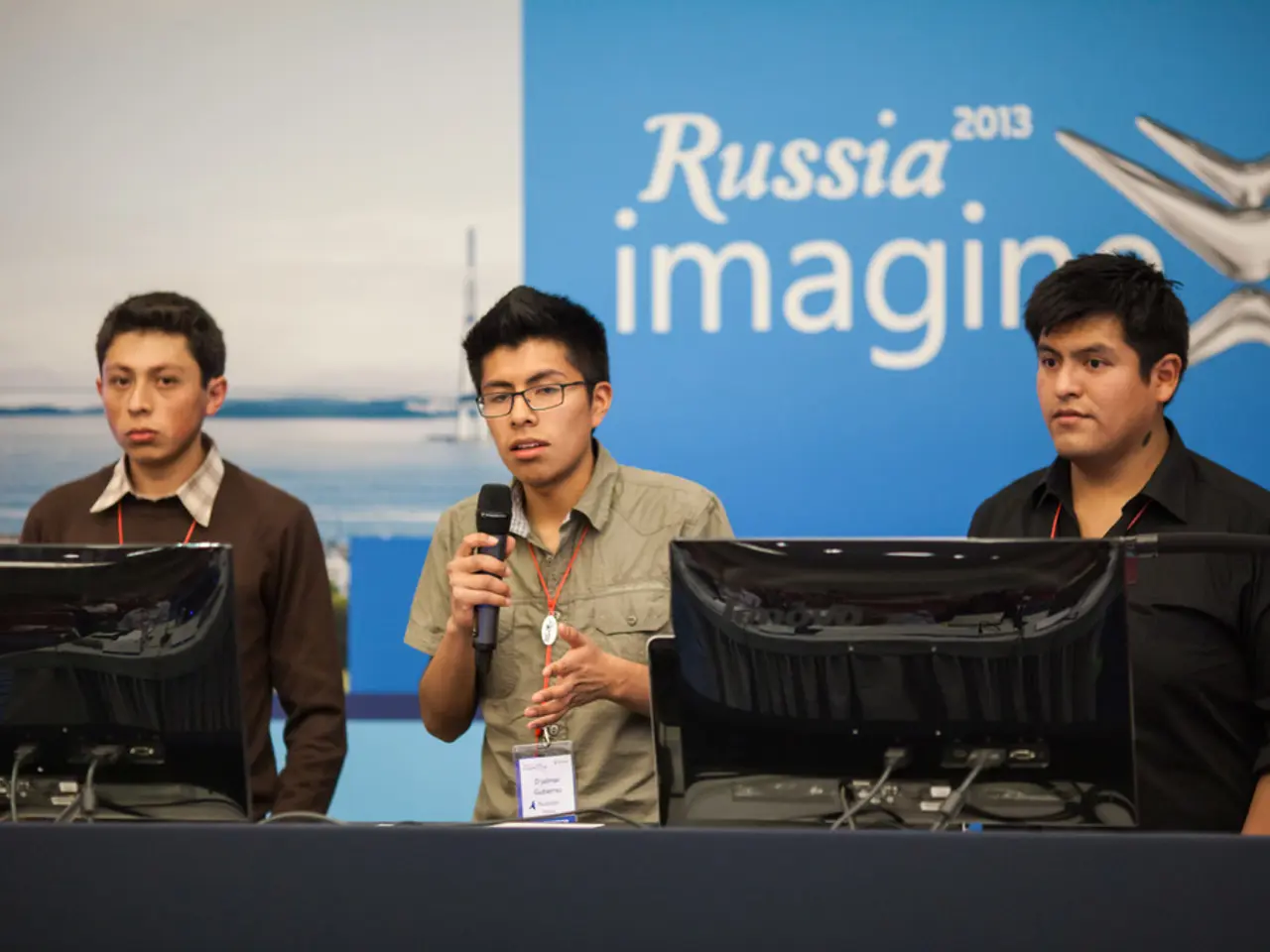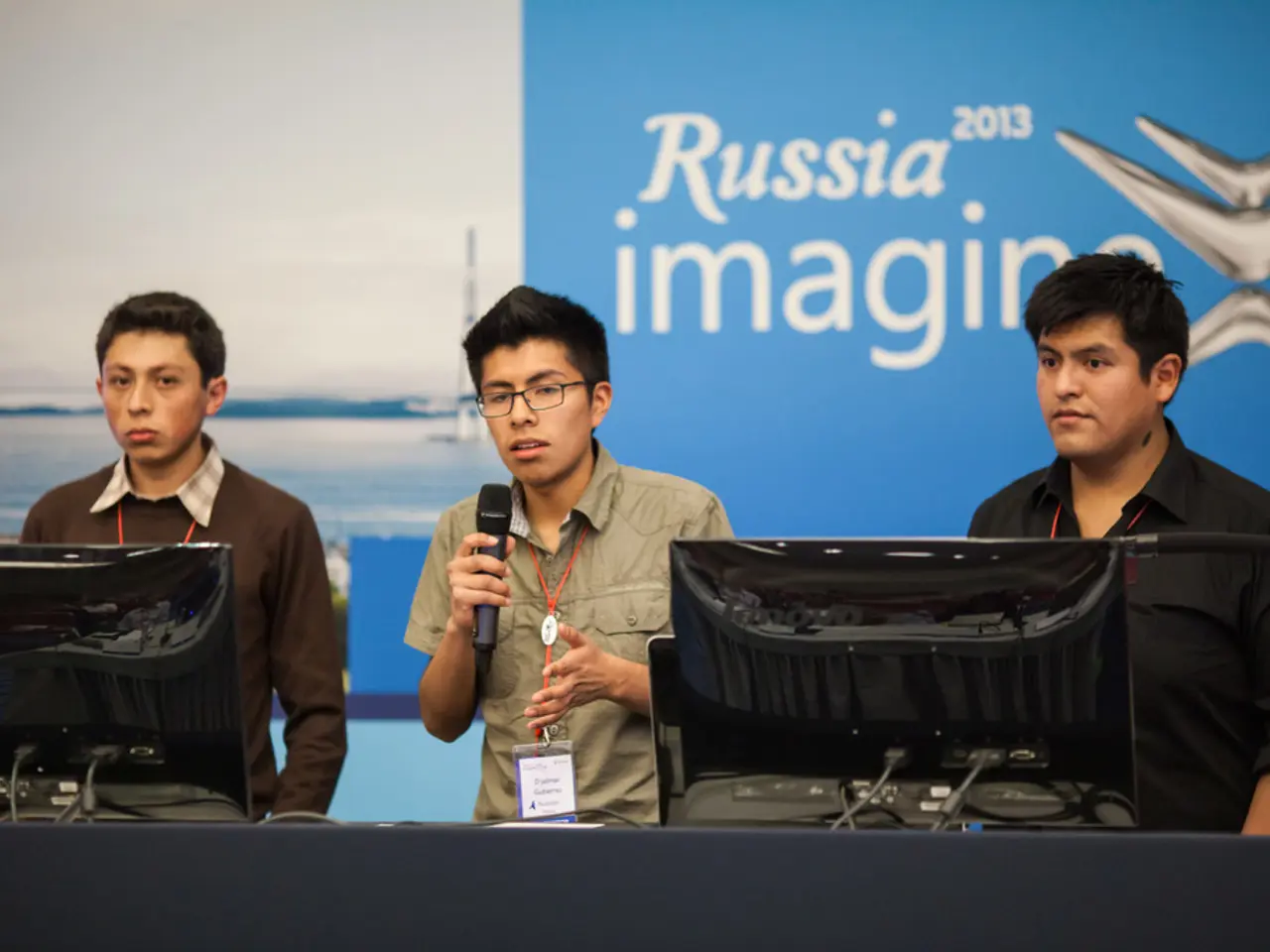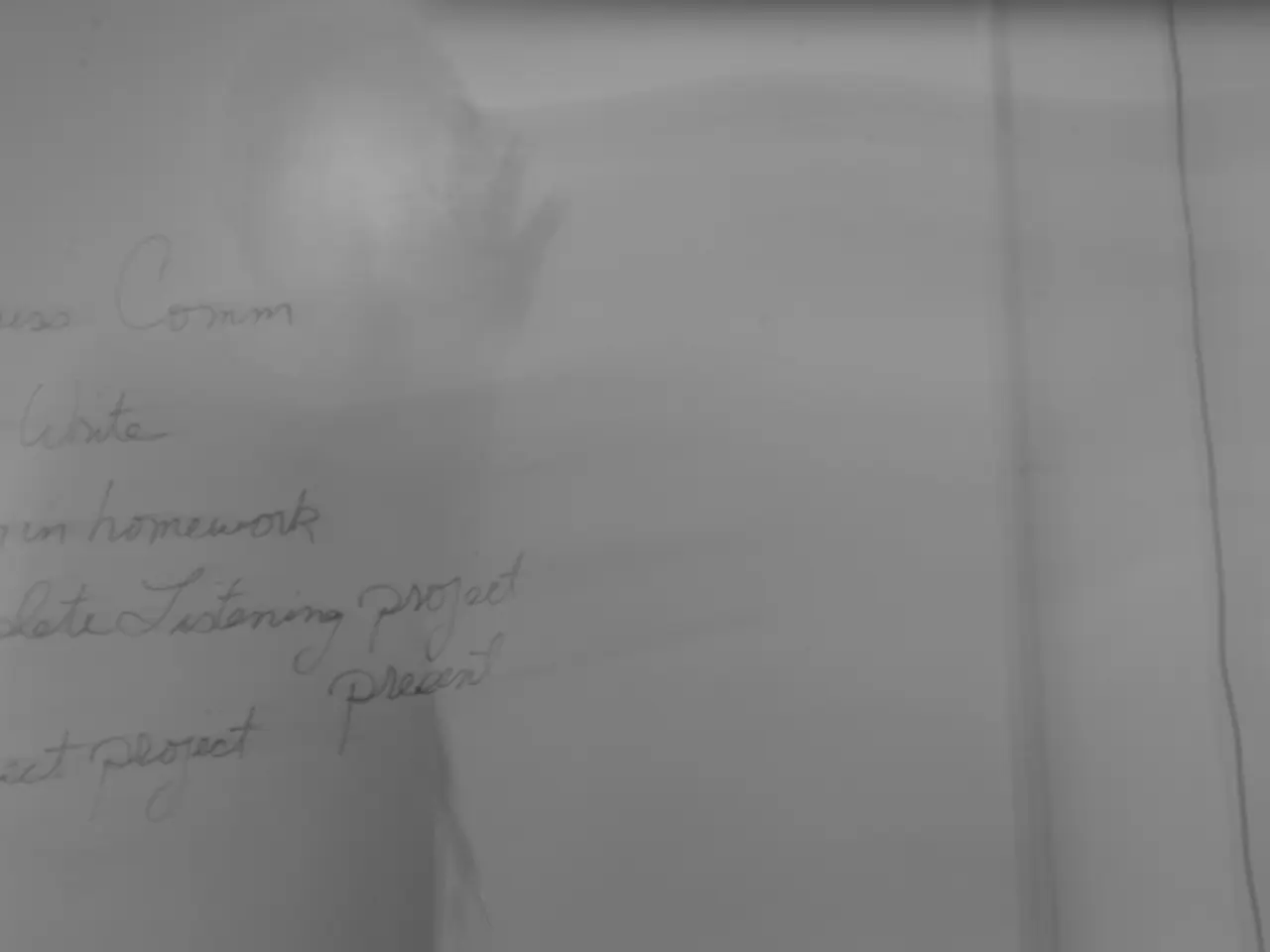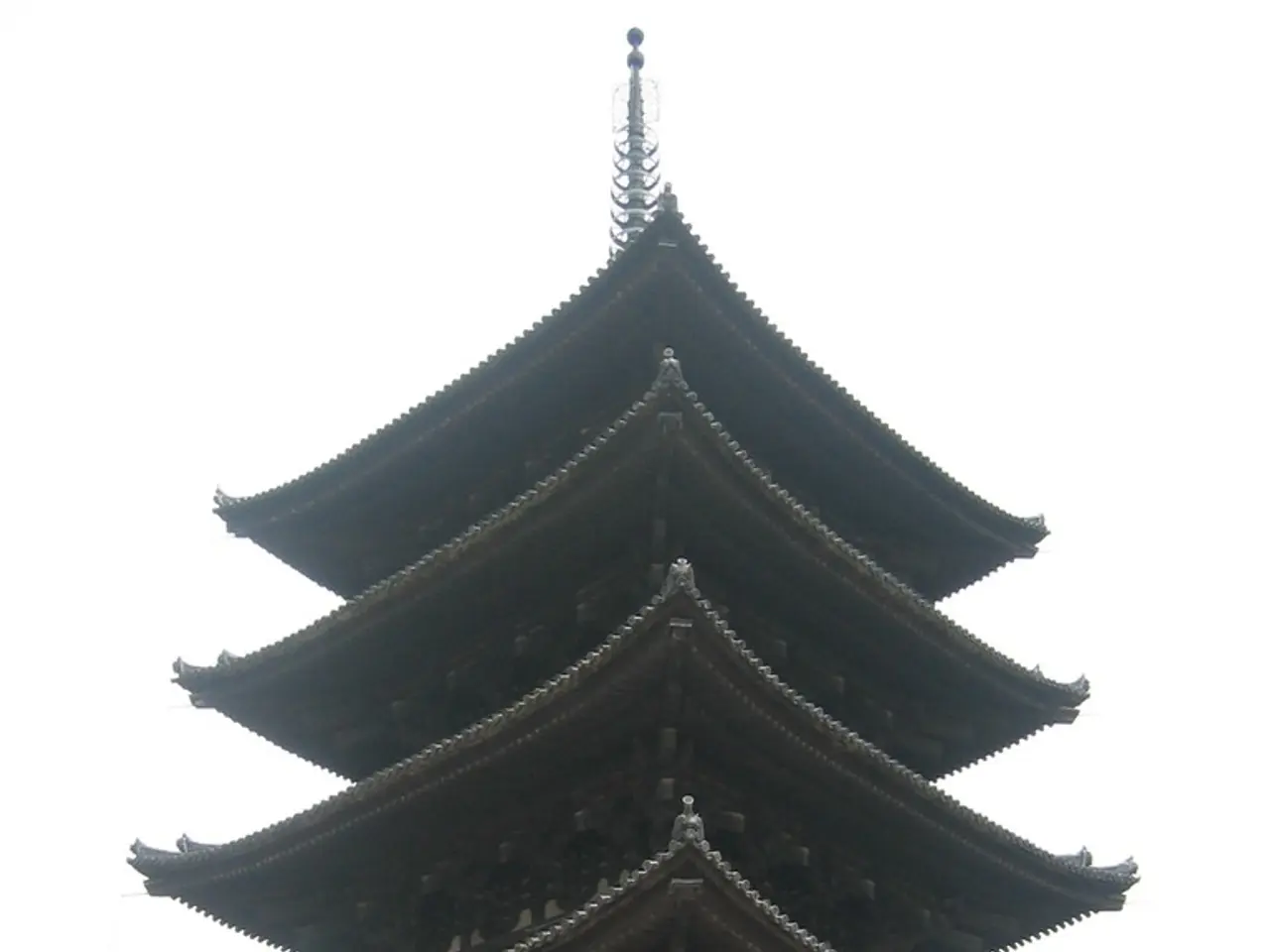Texas Governor Abbott's Authority Over Removing Democratic Legislators?
In a unique legal move, Texas Governor Greg Abbott has petitioned the Texas Supreme Court to remove State Representative Gene Wu from his seat, citing the representative's absence from the legislature as an act of deliberate abandonment[1][2]. The petition, which relies on the quo warranto process, has sparked a heated debate among legal experts and political figures.
The crux of Abbott's argument is based on the Texas Constitution and state statutory law, which authorise the Texas Supreme Court to issue writs of quo warranto against "officers of state government." Abbott asserts that legislators fall under this category and argues that Wu's absence, as part of a quorum break, amounts to abandonment[2].
However, this legal basis is not universally accepted. Texas courts have historically interpreted "officers of state government" narrowly, excluding legislators[1]. Furthermore, some argue that a quo warranto proceeding must be initiated by the attorney general or a local prosecuting attorney, not the governor[3][5].
Harris County Attorney Christian Menefee filed a brief contending that Abbott lacks the authority to initiate this action, and the Democrats argue that the quorum break is a lawful political tactic, not an abandonment of office warranting removal[5].
David Froomkin, an assistant professor of law at the University of Houston Law Center, supports Wu, arguing that the representative has not legally abandoned his legislative position and created a vacancy[1]. Similarly, New York University professor of constitutional law Samuel Issacharoff compares this situation to the 2024 Supreme Court case Trump v. Anderson, where the court prevented Colorado from removing President Donald Trump from the state's ballot as Republican nominee, in an effort to prevent a spiral of states kicking candidates off their ballots[1].
Texas Attorney General Ken Paxton, who is running for a U.S. Senate seat in Texas, has supported Abbott's petition, arguing that the governor does have the authority to remove legislators. However, Froomkin contends that Paxton's position as Attorney General does not give him more scope than the governor to remove Democratic legislators through the Supreme Court[2].
If the issue of removing legislators is eventually appealed to the U.S. Supreme Court, Issacharoff suggests they could take it up, since it would be a "powder keg" if other states' legislatures were allowed to follow Texas in mid-decade redistricting[1].
Wu and other Democratic legislators left the state to delay a Republican redraw of the state's Congressional districts[1]. Wu has been asked by the state Supreme Court to respond to Abbott's petition by Friday afternoon[1]. The outcome of this unprecedented legal battle could have far-reaching implications for the political landscape of Texas and potentially other states.
[1] Froomkin, D. (2021). Texas Governor Asks Supreme Court to Remove State Rep. for Abandoning Office. The Texas Tribune. Retrieved from https://www.texastribune.org/2021/07/13/texas-governor-asks-supreme-court-remove-state-rep-abandoning-office/
[2] Rhodes, C. (2021). Abbott's Quo Warranto Petition to Remove State Rep. Gene Wu. SSRN. Retrieved from https://papers.ssrn.com/sol3/papers.cfm?abstract_id=3857728
[3] Menefee, C. (2021). Response Brief in Support of State Rep. Gene Wu. SSRN. Retrieved from https://papers.ssrn.com/sol3/papers.cfm?abstract_id=3862574
[4] Jones, M. (2021). Abbott's Quo Warranto Petition: A Legal Analysis. Rice University's Baker Institute for Public Policy. Retrieved from https://www.bakerinstitute.org/media/files/files/8c604b2c/baker_institute_analysis_abbott_quo_warranto_petition_legal_analysis_menefee_jones_071421.pdf
[5] Issacharoff, S. (2021). The Texas Quo Warranto Controversy: A Preliminary Analysis. SSRN. Retrieved from https://papers.ssrn.com/sol3/papers.cfm?abstract_id=3862767
- The ongoing legal debate regarding Texas Governor Greg Abbott's petition to remove State Representative Gene Wu from his seat has highlighted the controversial intersection of policy-and-legislation, politics, and general-news, as legal experts and political figures question the governor's authority to initiate a quo warranto proceeding against a legislator.
- The Texas Supreme Court's decision on Abbott's petition to remove Representative Gene Wu could set a significant precedent in the realm of policy-and-legislation, potentially influencing other states' legislatures in their quorum breaks and mid-decade redistricting, transforming the political landscape of states nationwide.







